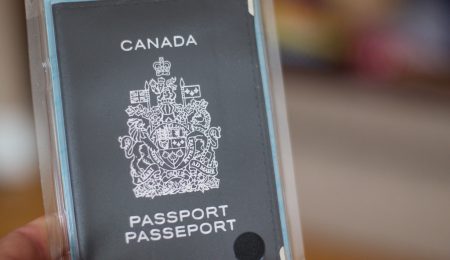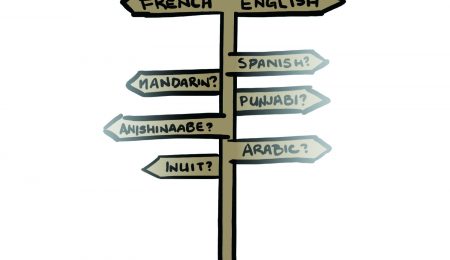Cases like Williams Lake should be more common, hold government responsible
There has arguably been a positive trend in the Canadian legal system in recent decades. It’s no secret that the government’s history of association with First Nations peoples has been one of exploitation, assimilation, and neglect. And, until recently, the federal government has been content with keeping this history out of the headlines.
Unlike the federal government, however, the Supreme Court of Canada (SCC) has been specifying the government’s relationship to Indigenous peoples in a more positive manner. In the past decades, landmark court cases such as R. v. Van Der Peet, which requires courts to fully recognize the pre-existing traditions of Indigenous groups, and Haida Nation v. British Columbia, which laid out the government’s duty to consult with groups, have laid a legal framework to more strongly respect the culture and practices of Canada’s Indigenous peoples.
This trend has most recently seen the addition of a new SCC case which has once again sided with a local indigenous group. The case focused on the legality of the displacement and neglect of British Columbia’s Williams Lake Indian Band by the BC government. The dispute, which primarily focused on land and reparations, has yielded several important conclusions for land claim cases moving forward. The SCC found that the colony of British Columbia failed its obligation to preserve the Williams Lake lands from settlement and that this failure was the responsibility of the federal government. The federal government is now obligated to pay up to $150 million in reparations.
What does this mean moving forward? For starters, the federal government will be held accountable for past treaty violations. This calls for celebration, but not unbridled enthusiasm. As with most SCC cases, the details matter in setting the precedent, and in this case, the key is that the corresponding government at the time, the government of BC, failed to follow obligations which were very clear in the treaty it signed with the band of Lake Williams, and that the government of today can be held accountable for this. This case is specifically about settlers colonizing an area which they weren’t supposed to, so it’s not entirely clear how applicable this precedent will be to land claim cases in general.
But this decision does coincide with significant developments in the western provinces. With much talk of pipelines, a band which a week ago might not have had much bargaining power now potentially has the threat of a $150 million dollar reparation if its history is similar enough to that of the Lake Williams band. And the story of settlers setting up shop on treaty established areas is one that’s not uncommon.
The Williams Lake Indian Band case is an example of courts leading the way in the path towards reconciliation, but there is still much work to do. The federal government’s attempts at reconciliation have largely been feeble. But the SCC has been more successful in making sure that Indigenous groups are listened to and respected by all branches of government. Genuine reconciliation will require effort from all aspects of society, including a sustained commitment by the government and all people becoming more educated on these issues.





